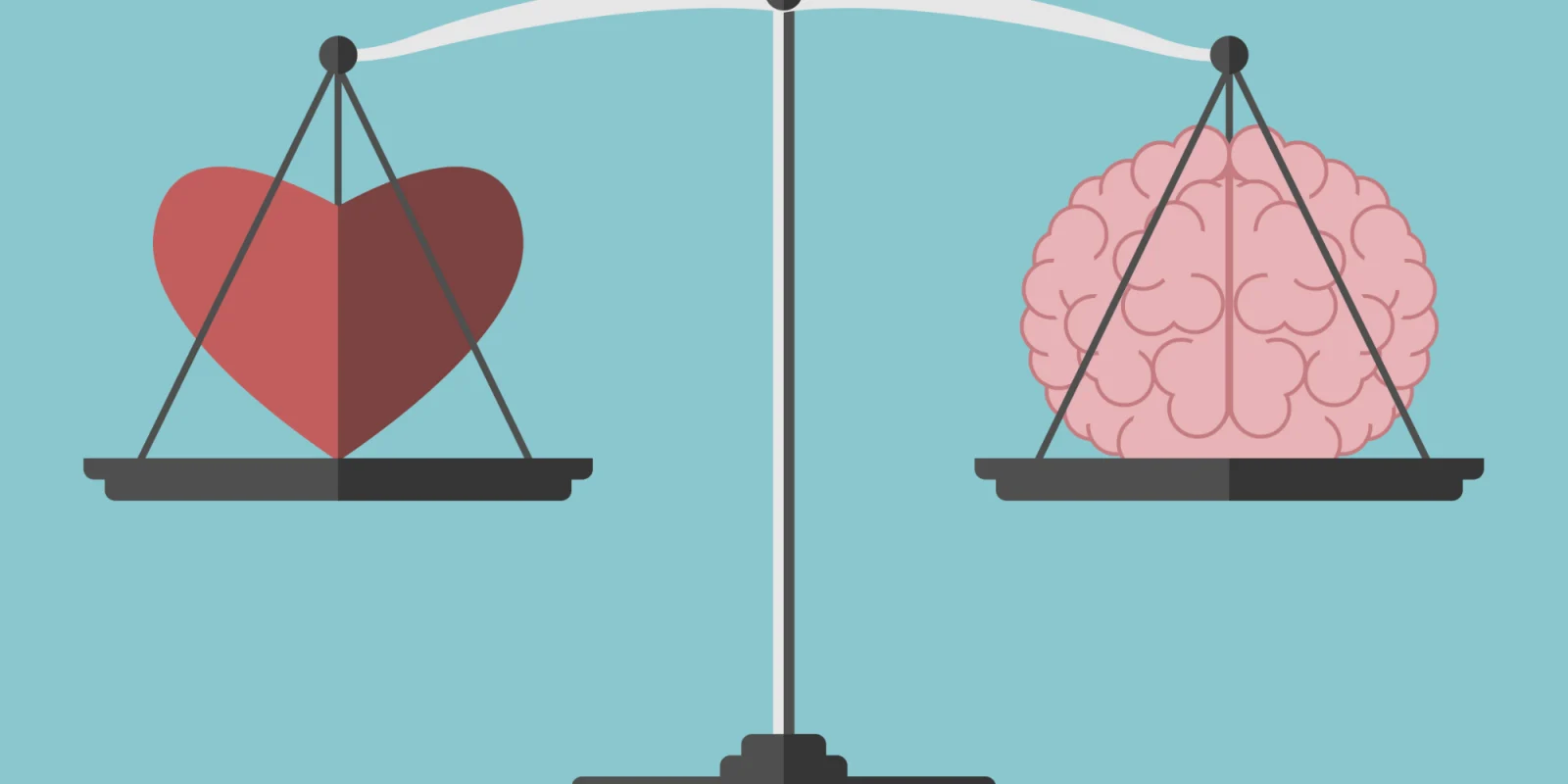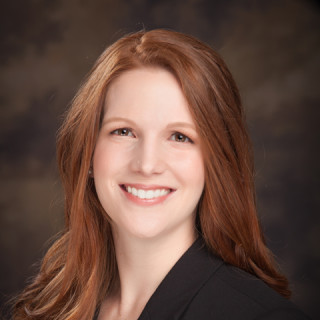
This patient was very sick when she came out of the ICU and I took over her care. The first time I met her, she just stared at me. There was no spark of understanding as I quietly examined her while she lay slightly askew in the hospital bed she’d occupied for weeks. Though I strained to hear more, my ears picked up only the sound of her slightly ragged breaths, punctuated by the rhythmic tones of her monitors. I spent a few moments explaining the plan to her, but she didn’t add anything to the conversation at that time.
I did spend some time telling my team that we needed to approach her prognosis very cautiously. In truth, I didn’t carry a lot of hope that she would get much better.
Over the next few weeks, I was occasionally able to get her to pull a hand away with some noxious prompting, but most of the time, she greeted me with the same hazy stare. I spent time with her family, and I dreaded every day that I didn’t have improvement to report. Even still, they remained by her side, and every day was a new day in their eyes.
One day, I walked in with my usual greeting and nearly jumped out of my shoes when she said “good morning, doctor.” Her once-hazy eyes followed me around the room, she moved her arms and legs when I asked her to, and she asked a question before I left. I walked out of the room shell-shocked, not quite prepared for this change in our routine. I was certainly happy about it, though I continued to urge caution in my reports to my team.
I looked forward to learning more about who she really was every day. She would roll her eyes when I asked if there was anything good on TV, and she laughed when I asked about the hospital food. “If I have to eat it, then I guess I will, honey.” Her family sat in her room day and night, and I was excited to tell them that she sat up by herself today, that her strength was starting to return, that maybe tomorrow she’d be able to try getting out of bed. I continued to express caution in my evaluation of her overall recovery potential, but noted that she was stable and consistently improving.
Then, one morning, our overnight covering physician made a beeline for me. “She got sick,” he told me. “I’m not sure what’s going on.” A flurry of activity ensued as I checked the results of her tests and shook my head at her vitals. She didn’t greet me when I walked in, and she looked gray and uncomfortable. We decided to get some quick imaging, and shortly thereafter, my phone rang. “I see free air in the abdomen,” the radiologist told me. I thanked him, hung my head for a short moment, and took a deep breath while I called my surgical colleagues.
I explained to her and her family that we weren’t sure how bad this was. We needed to send her down to Radiology for another study, and I wasn’t sure I would have good news for them. We sat in the room and kept her company until her transport came. I hugged them and waved goodbye, and I left the room with my heart in the bottom of my own stomach.
I went about the rest of my rounds, trying not to obsess. About 45 minutes later, the overhead PA crackled. “Code Blue, Radiology,” the voice rang out. I was stuck to my spot for a moment as I processed, then I ran. I silently pleaded for this to be one of the many times that I was wrong about what I expected to find. I skidded to a stop by the room with the crowd outside and pushed my way through.
Unfortunately, I was right.
As we left the room after her unsuccessful code, I broke down on my resident’s shoulder. I wan’t really capable of producing coherent words, so I stared blankly as my resident shared the news with her family. I held the door to her room so her family could go in and say goodbye, then moved away so they wouldn’t see me crumple over. Her nurse held me gently by the shoulders — certainly more experienced in this than I — and reassured me that we did all we could. “My head knows that,” I told her, “but my heart hasn’t gotten the message.”
The intensity of this grief was both unexpected and overwhelming; I hadn’t realized how much I had internalized the expectation that she was going to keep getting better, despite my ongoing assessment that her recovery was still a long shot. For the rest of the day, I felt as though I was sleepwalking, like I couldn’t quite reach out and touch the real world. It took me a few days to get back to my normal self.
Though it has been several months, I am still there in that hallway outside her room as I write this. I’ve thought about it quite a bit, and I’m still not sure how to manage the dissonance between my assessment of her condition and how I felt about her. This is the hard part of being a human and a physician, and it probably won’t, and shouldn’t, be something of which we ever lose sight. In the meantime, while I learn to manage this unexpected grief, I’ll hold on to my gratitude that I had the chance to get to know this very special woman and serve in a supporting role at the conclusion of her full and abundant life.
Amy Blake is an internal medicine resident and a 2018-2019 Doximity Author. The views expressed herein are solely those of the author and do not necessarily represent the views of any organization with which she is or has been affiliated. All names and identifying information have been modified to protect patient privacy.
Image: Dmitrii_Guzhanin / gettyimages







